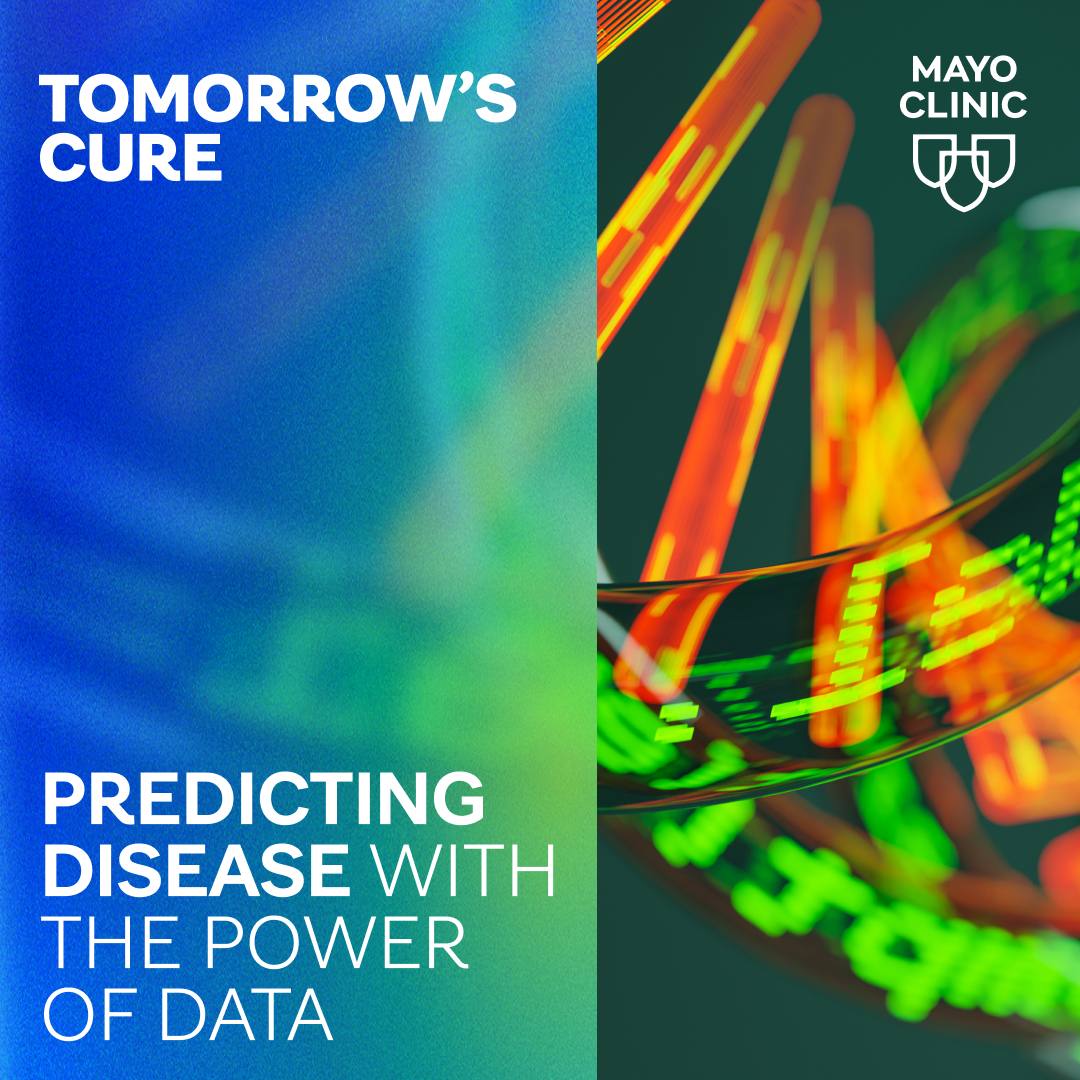-
Science Saturday: Research highlights from Florida – fruitful in 2019

Florida sunshine doesn’t just contribute to big, juicy oranges. In 2019, Florida was a hotbed of growth for Mayo Clinic Research, with 11.8% more funding for new capabilities such as ex vivo perfusion for lungs – leading to more available for transplant, and carbon ion therapy for cancer – currently not available to patients in the U.S.
At Mayo Clinic, Research and Education provide the basis for all we are able to do for patients today. Furthermore, they enable practice transformation as we seek to meet future patient needs. Read on for more highlights from research at Mayo Clinic's Jacksonville, Florida campus.
INNOVATION THROUGH RESEARCH
- New Therapies

Lung transplant research studies are underway at Mayo Clinic in Florida, where a new Lung Bioengineering Center in the Discovery and Innovation Building opened in 2019. The center is the result of a unique academic-industry collaboration between Mayo Clinic and United Therapeutics Corp. Researchers are studying ex vivo lung perfusion to resuscitate and support donor lungs that may otherwise be unavailable for transplant.
Innovative research is also underway at Mayo Clinic in Florida in the area of cancer vaccines. Keith Knutson, Ph.D., is conducting studies to prevent and halt the recurrence of breast and ovarian cancers. This breast cancer research is focused on three subtypes of the disease—estrogen receptor (ER)-postive, HER2-positive, and triple negative. Dr. Knutson is studying two vaccines aimed at boosting the immune system and preventing the recurrence of ovarian cancer.
Read the rest of the article on Advancing the Science.
________________________________________________________
Other Mayo Clinic medical research websites:
- Research at Mayo Clinic
- Discovery’s Edge
- Advancing the Science
- Forefront
- Mayo Clinic Center for Individualized Medicine
- Center for Regenerative Medicine
- Center for the Science of Health Care Delivery
Related Articles







